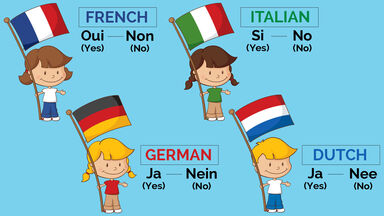Among later periodicals we may mention Skandia (1833-1837); Literaturbladet (1838-1840); Stallningar och Forhallanden (1838) of Crusenstolpe, a monthly review of Scandinavian history; Tidskrift for Litteratur (1850); Norsk Tidsskrift (1852), weekly, Forr och Nu; and the Revue suedoise (1858) of Kramer, written in French.
They retained the belief that the germs of all things slept for ages within the dark flood, personified as Min or NU.
In the Mandaean view the Old Testament saints are false prophets; such as Abraham, who arose six thousand years after NU (Noah) during the reign of the sun, Misha (Moses), in whose time the true religion was professed by the Egyptians, and Shlimun (Solomon) bar Davith, the lord of the demons.
They read in every case nu 1 0nn, "the boundary of Gezer," with the name Alkios in Greek, probably that of the governor under whom the inscriptions were cut.
Thus, in Sumerian we find such forms as numunnib-bi, " he speaks not to him," where the negative prefix nu and the verbal prefix mun are in harmony, but in dissimilation to the infix nib, " to him," and to the root bi, " speak," which are also in harmony.




